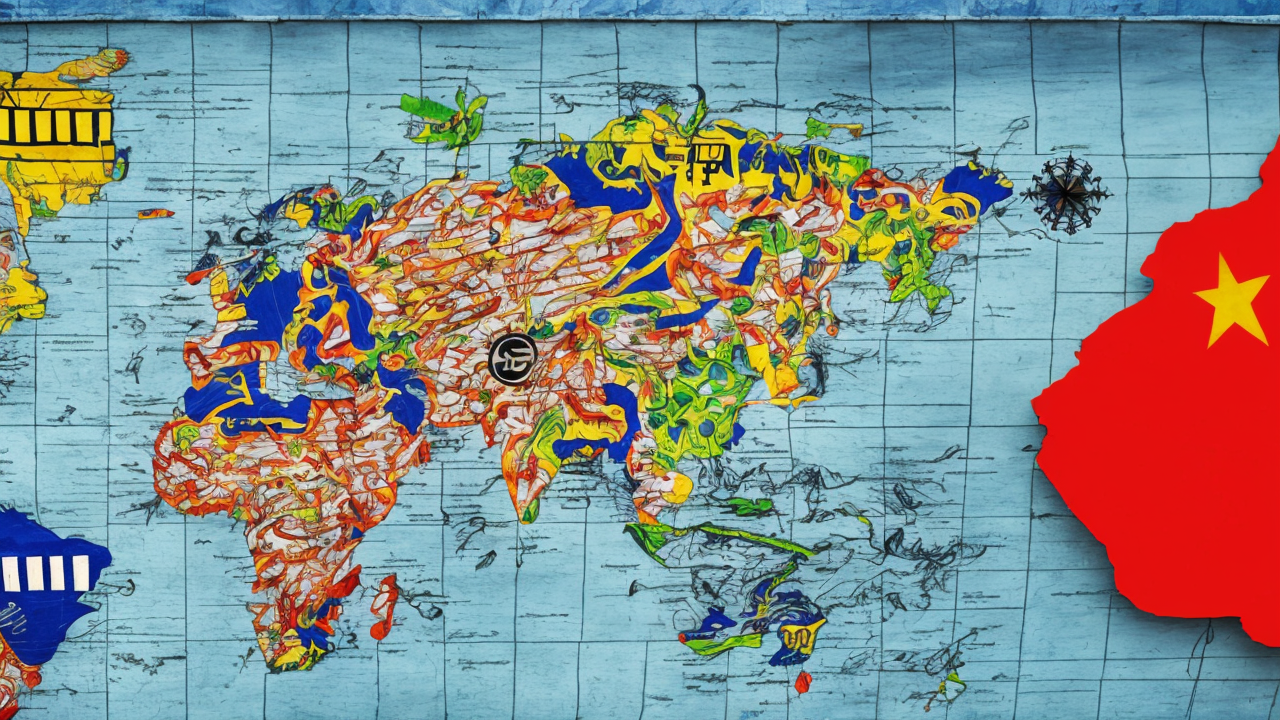Short-Lived Conflict Highlights Iran's Strategic Alliances with U.S. Adversaries

The recent, brief war between Israel and Iran has underscored Iran's growing ties with key U.S. adversaries, particularly Russia and China. While no formal alliance binds these nations, their political and economic collaborations increasingly resemble a de facto coalition opposing U.S.-led Western influence.
Iran's partnerships with Russia and China have expanded across multiple fronts, including military, energy, and trade. This collaboration has bolstered Iran's ability to resist Western sanctions and project influence in the Middle East. Russia, seeking to counterbalance U.S. dominance, has provided advanced weaponry to Iran, while China has emerged as a major buyer of Iranian oil, circumventing U.S. economic pressure.
This informal alignment poses significant challenges to U.S. foreign policy, as it strengthens a bloc of nations committed to countering Western interests. The conflict has also raised concerns about the potential for broader regional instability, as Iran's allies continue to support its ambitions.
As tensions persist, the U.S. and its allies must navigate a complex geopolitical landscape, where Iran's strategic alliances complicate efforts to stabilize the Middle East and maintain global order.
Published: 6/26/2025
















